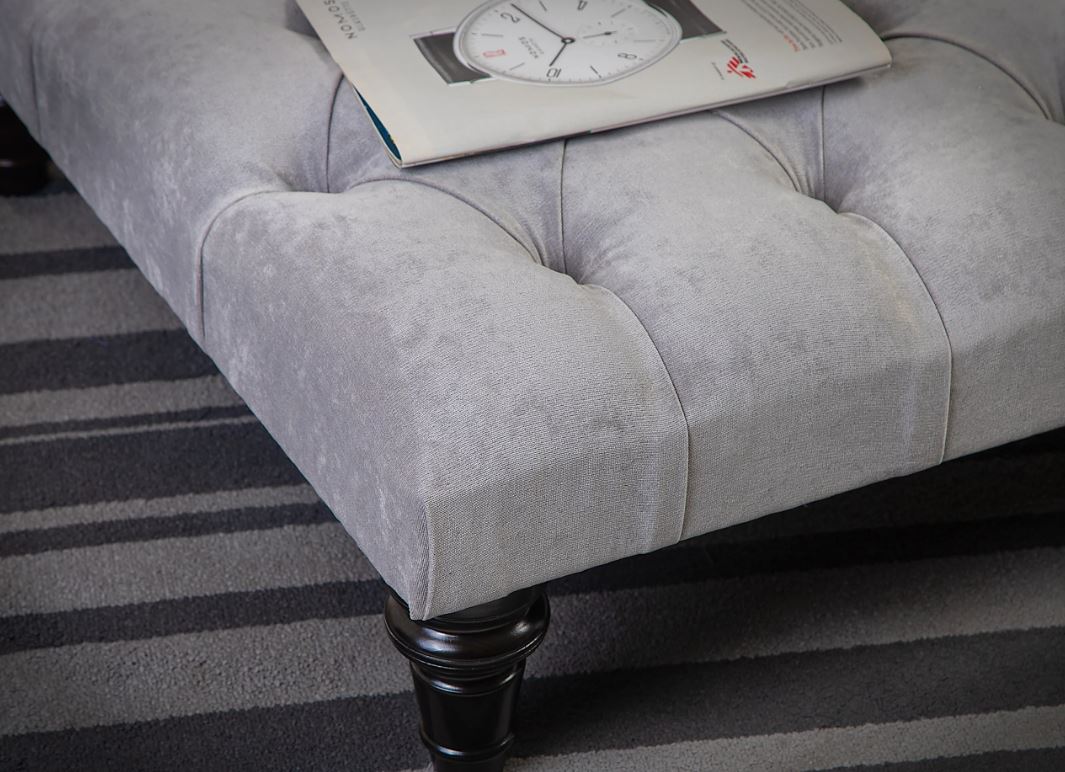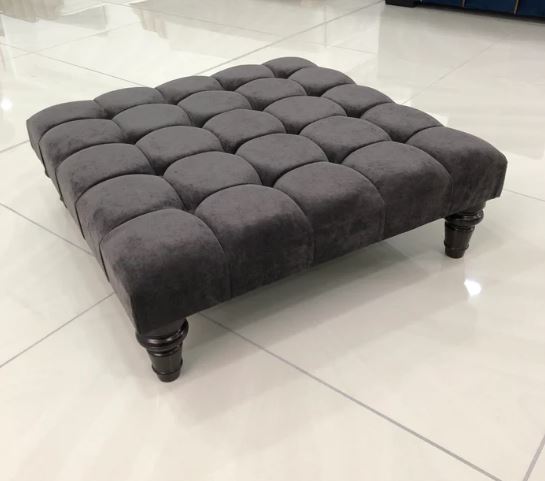A good night's sleep is essential for our overall well-being, and choosing the right bed is a crucial factor in achieving that. With countless options available in the market, selecting the best type of bed can seem overwhelming. However, by considering a few key factors and understanding your personal preferences, you can make an informed decision that ensures both comfort and support. In this blog post, we will explore the essential factors to consider when choosing the best type of bed for your needs.
Determine Your Sleeping Position: The first step in selecting the perfect bed is to evaluate your sleeping position. Whether you sleep on your back, side, stomach, or tend to change positions throughout the night, different bed types provide varying levels of support. For example, side sleepers generally benefit from a softer mattress that cushions the shoulders and hips, while back sleepers may prefer a firmer surface for adequate spinal alignment.
Consider Your Body Type: Consider your body type and weight when choosing a bed. A mattress that offers proper support for a lighter person may not be suitable for someone who is heavier. Heavier individuals generally require a firmer mattress to prevent sinking too deeply, while lighter individuals may find a softer mattress more comfortable. Understanding your body type will help you select a bed that provides the right balance of support and comfort for you.
Assess the Mattress Material: There are various mattress materials available, each with its unique properties. Here are some common types:
- Innerspring Mattress: These mattresses contain coils that provide support and bounce. They are known for their durability and breathability. However, they may not conform as well to the body as other mattress types.
- Memory Foam Mattress: Memory foam mattresses contour to your body shape, offering excellent pressure relief and motion isolation. They are ideal for those seeking optimal comfort and reduced motion transfer.
- Latex Mattress: Made from natural or synthetic latex, these mattresses are known for their responsiveness and durability. They provide a bouncier and more breathable alternative to memory foam.
- Hybrid Mattress: Combining the benefits of both innerspring and foam mattresses, hybrid mattresses offer a mix of support, comfort, and responsiveness. They typically feature coils with layers of foam or latex on top.
- Adjustable Bed: Adjustable beds allow you to change the position of your head and feet, providing customized support and comfort. These are particularly beneficial for individuals with specific medical conditions or who prefer an elevated sleeping position.
Consider Allergies and Sensitivities: If you have allergies or sensitivities, consider hypoallergenic or organic mattress options. These mattresses are designed to resist dust mites and mould while using materials that are less likely to trigger allergic reactions.
Set a Reasonable Budget: Bed prices can vary significantly depending on the type, brand, and quality. It's essential to set a reasonable budget before you start shopping. While it's tempting to go for the cheapest option, keep in mind that a quality bed is an investment in your health and well-being. Look for a balance between affordability and durability to ensure long-term satisfaction.
Choosing the best type of bed involves understanding your sleeping position, body type, and personal preferences. Consider the mattress material, test different options, and take your time to make an informed decision. Buy on online today at https://sleepstyle.co.uk/collections/beds



